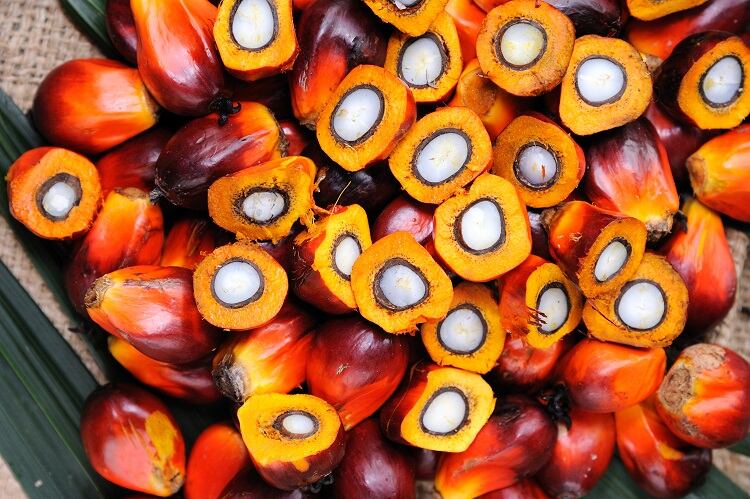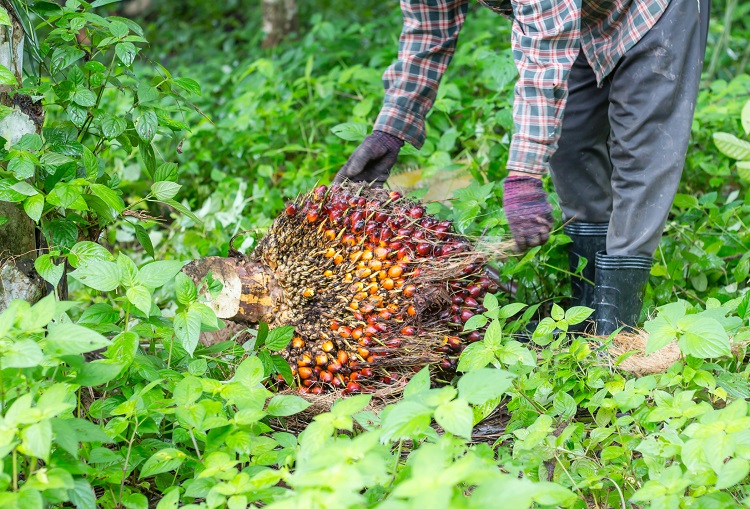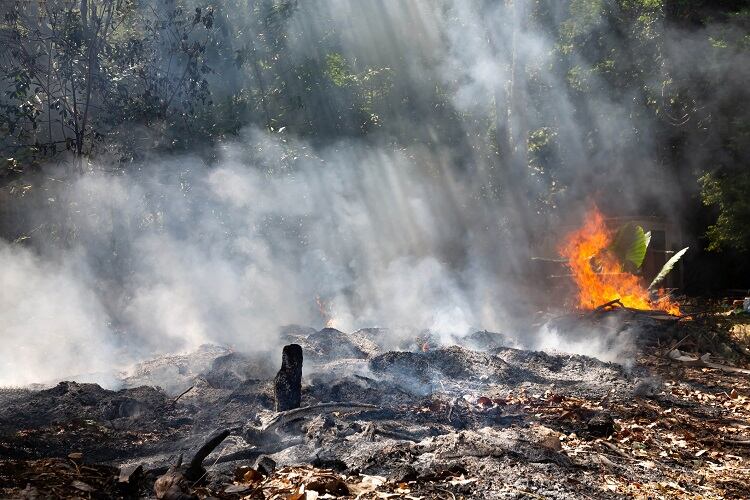Univanich Palm Oil PLC was formed out of a joint venture between a local family in Thailand and Unilever. Having established its first plantations in 1969, Unilever was instrumental in setting up a research centre for plant breeding on-site.
While fifteen years later Unilever exited the partnership, the plant breeding centre remains – as does a wide range of practices promoting sustainable production of palm oil.
Today, Univanich – which has been a member the Roundtable on Sustainable Palm Oil (RSPO) since 2009 – is Thailand’s leading producer and crude palm oils. The research centre’s high yielding DxP Tenera Oil Palm Seeds are exported to palm growers around the globe.
“You have to start off with really good genetics,” Brock told FoodNavigator during a recent trip to Univanich’s headquarters in Krabi, Thailand. “When you have the right seed genetics, the right climatic conditions, and the right management, then you’re going to get a good yield. And ultimately, produce more palm oil out of a piece of land.”
The plantations is also practising underplanting, which the general manager is particularly beneficial to smallholder growers in the area.
Underplanting involves replanting oil palms while mature, fruit-producing trees remain on the plantation. As young oil palms take three years to start producing fruit, Brock explained that farmers can continue to benefit from the fruit of the older palms, and consequently help with cash flow.
“At some point after [the younger trees start bearing fruit], you can fell the taller palms and start replanting. It’s about managing your cash flow,” he said.
Univanich has also pioneered methane capture as a way to mitigate greenhouse gas emissions from palm oil mills. This system supplies electricity to Thailand’s national grid.
The company’s first methane capture project was launched in 2018. Since then, Univanich has launched a project at each of its five mills. “So each of our mills has the ability to produce power that we can feed into the local grid.”
Watch the video for FoodNavigator's interview with Univanich's managing director.




